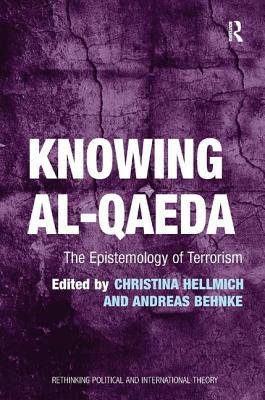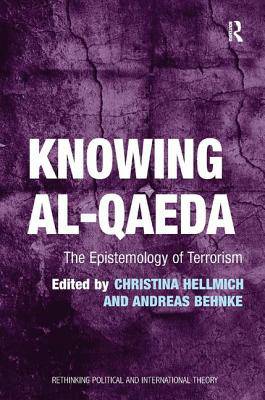
Wil je zeker zijn dat je cadeautjes op tijd onder de kerstboom liggen? Onze winkels ontvangen jou met open armen. Nu met extra openingsuren op zondag!
- Afhalen na 1 uur in een winkel met voorraad
- Gratis thuislevering in België vanaf € 30
- Ruim aanbod met 7 miljoen producten
Wil je zeker zijn dat je cadeautjes op tijd onder de kerstboom liggen? Onze winkels ontvangen jou met open armen. Nu met extra openingsuren op zondag!
- Afhalen na 1 uur in een winkel met voorraad
- Gratis thuislevering in België vanaf € 30
- Ruim aanbod met 7 miljoen producten
Zoeken
Omschrijving
Despite a plethora of studies devoted to it, the current understanding of al-Qaeda and the threat it poses remains vague and ambiguous. Is al-Qaeda a rigidly structured organisation, a global network of semi-independent cells, a franchise, or simply an ideology? What role did Osama bin Laden play within the group and its terrorist campaign? What does it mean to talk about the "global Salafi-jihad" threat allegedly confronting the West? In addressing such questions many writers have sought to offer definitive answers, yet overall the truth about al-Qaeda remains elusive. This book moves beyond this traditional approach in order to investigate and critically assess how such answers reflect the particular epistemological frameworks within which they are produced. Its chapters explore the varied contexts within which the obscure entity labelled al-Qaeda is constituted as a comprehensible object of political, strategic, cultural, and scientific knowledge, and within which 'terrorism' is rendered an experience of quotidian life. This volume offers a much-needed critical reflection on Western ways of talking and of thinking about the frightening experience of global terrorism. In trying to know how we know al-Qaeda, it offers us an opportunity to try to know ourselves and our often hidden assumptions about legitimacy, violence, and political purpose.
Specificaties
Betrokkenen
- Auteur(s):
- Uitgeverij:
Inhoud
- Aantal bladzijden:
- 192
- Taal:
- Engels
- Reeks:
Eigenschappen
- Productcode (EAN):
- 9781409423669
- Verschijningsdatum:
- 28/07/2012
- Uitvoering:
- Hardcover
- Formaat:
- Genaaid
- Afmetingen:
- 156 mm x 234 mm
- Gewicht:
- 449 g

Alleen bij Standaard Boekhandel
+ 391 punten op je klantenkaart van Standaard Boekhandel
Beoordelingen
We publiceren alleen reviews die voldoen aan de voorwaarden voor reviews. Bekijk onze voorwaarden voor reviews.











